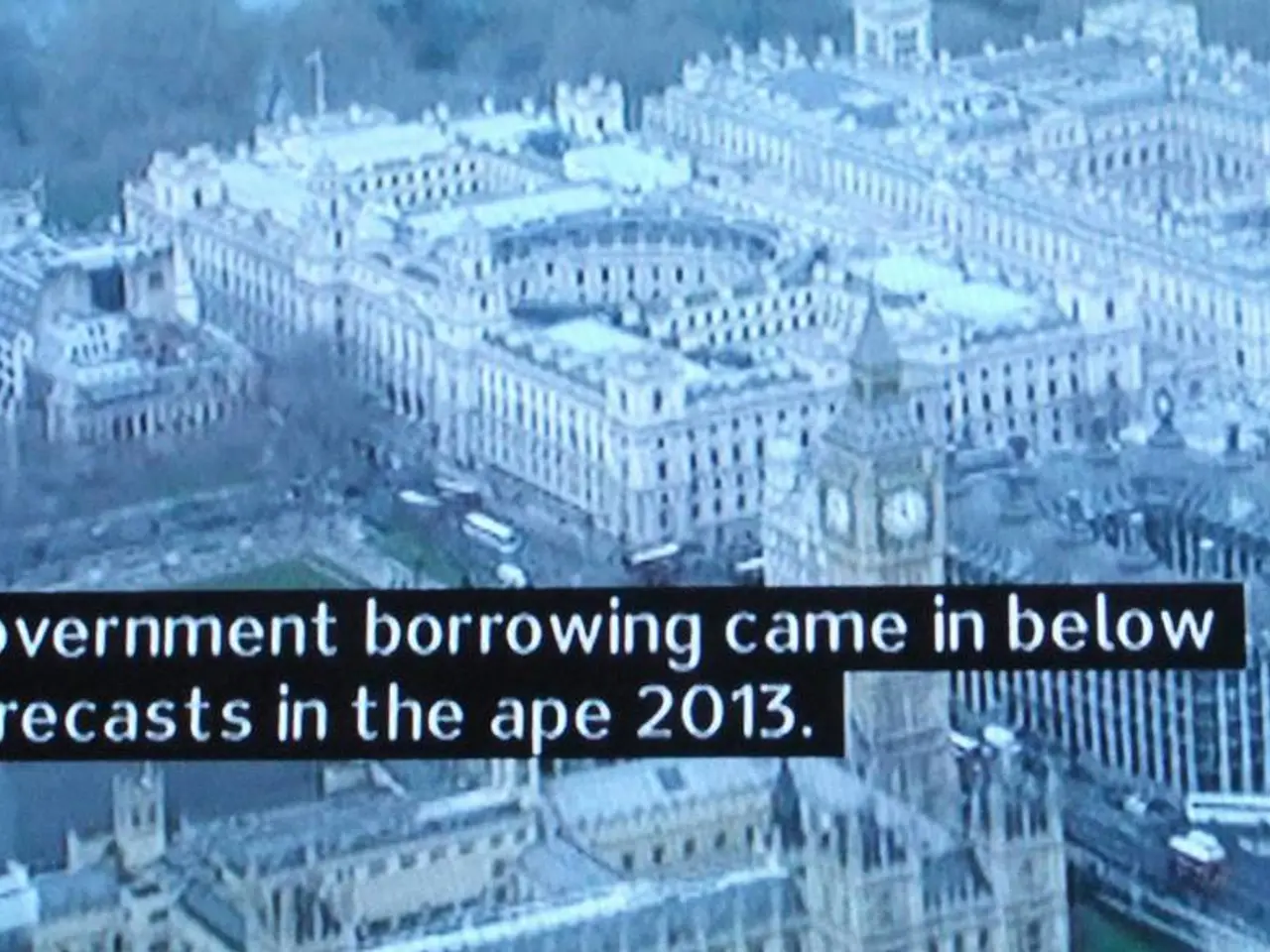Democratic differences in Wuppertal's political arena
In the heart of Germany, the city of Wuppertal has embarked on an interesting project aimed at fostering awareness and engagement in democratic values and institutions. The "Route of Democracy in Wuppertal" is an initiative designed to educate and involve residents, particularly the youth, in democratic culture through participatory activities, public information, and community involvement.
This project takes a broad approach to democracy, viewing it not just as the history of constitutions and institutions, but also as a social and cultural practice. It delves into 'democracy from below', shaped by citizen engagement, social movements, and cultural change.
The project documents and makes visible various sites of democratic history in Wuppertal. The exhibition, currently displayed in the town hall, includes monuments, authentic sites of democratic action, institutions of historical mediation, events, and personalities that have significantly contributed to democratic development. Previously, the exhibition was presented in the Tapetenzimmer of the Engels House.
The exhibition aims to bring history to life and provide orientation for the present. More sites are planned to be added in the long term, creating an 'experience route' of democracy in Wuppertal. The goal of the project is to establish these sites as positive examples for today's democratic education.
The "Route of Democracy in Wuppertal" may be connected to or inspired by broader European initiatives on democratic competences, such as the ECML project, which focuses on developing competences for democratic culture through language education, targeting young learners in Germany between 2025 and 2027. This suggests a systemic and educational approach aligning with fostering democratic awareness.
The project encourages active citizenship by involving residents in discussions and activities related to local governance and social responsibility. It promotes understanding of democratic principles such as participation, representation, and rule of law. Furthermore, it fosters social cohesion and respect for diversity by grounding democratic culture in shared community values.
For precise details about the "Route of Democracy in Wuppertal", visiting the municipal or project-specific websites related to Wuppertal would be the best source.
In light of the "Route of Democracy in Wuppertal" project's emphasis on community involvement and education, it is plausible to explore the intersections between the initiative and lifestyle choices, particularly those promoting self-development and citizenship. This could involve analyzing how the project shapes individual perspectives on democratic values and encourages the cultivation of these principles in daily life.
Moreover, the project's connection to broader European initiatives, such as the ECML project, shows a focus beyond historical institutions and constitutions, extending into education-and-self-development aspects, fostering competences for democratic culture and awareness in future generations.




